Warnings for Scottish farmers and distillers as new data indicates climate change may double number of droughts
The agricultural and distilling sectors could face significant challenges after research finds the number of droughts in Scotland may double in the next 25 years.
23/07/2024 By BGS Press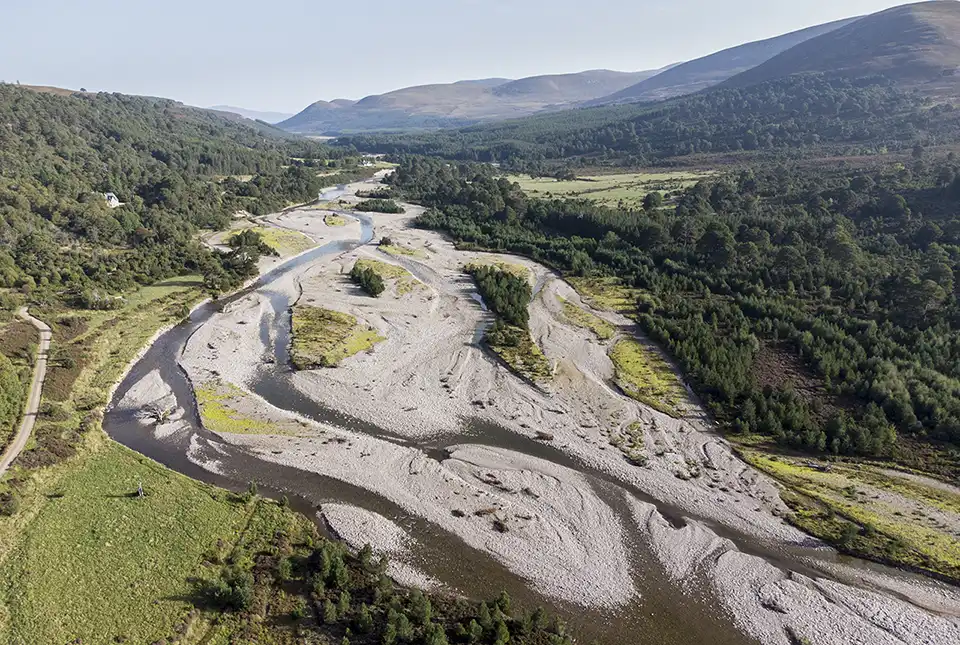
Farmers and whisky distillers could both be left increasingly high and dry as new research reveals how climate change is increasingly affecting water availability. In some areas, scientists found that surface water scarcity events, where river levels drop to significantly low levels, could increase dramatically from one every five years to every other year, or even more often. This potentially means there could be more bans on using these waters.
The data shows that April and May and late August into September are expected to become noticeably drier, potentially affecting crop yields and livestock gains.
Use of groundwater could provide a solution to increasing surface water shortages, but more information is needed on where and when such resources could prove a viable option. Summer groundwater levels have already been falling across several parts of the country and areas with low groundwater storage capacity and decreasing groundwater recharge are likely to become increasingly vulnerable to drought.
To inform this work, the British Geological Survey has developed a new framework to enable better estimation of groundwater resilience in Scotland. It helps to highlight those areas where groundwater is likely to be more, or less, resilient to future climate change.
This research has highlighted the risk of future water scarcity in Scotland and the potentially significant impact this could have on water users. Groundwater could form a key component of adaptation strategies, but more data and research is needed to understand how this can be achieved sustainably and equitably at a catchment scale.
Dr Kirsty Upton, BGS Senior Hydrogeologist.
Other recommendations from the research include:
- using more efficient irrigation methods
- avoiding the introduction of more water-demanding crops
- increasing water harvesting
- better storage of water during wetter months
- increased monitoring to allow for improved coordination of water resource-use across catchments
- a greater role for river catchment partnerships to coordinate use of water resources at landscape scale
- cross-sector coordination to prepare for future water extremes
provision of adaptation advice and funding
We found that, for many, water scarcity is already an increasing issue. At critical times of the year, even short periods of water shortage could lead to vegetable and fruit crop failure.
Some are already taking measures to adapt, particularly in the distilling sector, where technical advances could help reduce their need for water for cooling, but many could be at risk if they don’t take more action.
Our work suggests more information about resources would help them , as would information adaptation strategies they can take, as well as help funding these and collaborating across catchments over resources.
Dr Miriam Glendell, The James Hutton Institute.
The study, which was led by The James Hutton Institute, was commissioned by Scotland’s Centre of Expertise for Water, which is based at the institute, with partners at Scotland’s Rural College, the University of Aberdeen and BGS.
For more information, please contact the BGS press office by emailing or calling 07790 607 010.
Distillers
Distillers do currently schedule maintenance in summer around dry periods, to reduce impacts on production, however, if it happens more, this can have a greater impact.
The James Hutton Institute
The James Hutton Institute is at the forefront of meeting the global challenges of providing food, energy and water from finite land and natural resources.
Our strengths in land, crop, waters, environmental and socio-economic sciences enable a broad range of science disciplines to interconnect, delivering knowledge, products and services that improve the quality of life.
In partnership with people, organisations and governments, our work enhances sustainable environmental, social and economic development, delivering practical solutions for our shared future and influencing the agenda for land use and development for the 21st century.
Related news

What is the impact of drought on temperate soils?
22/05/2025
A new BGS review pulls together key information on the impact of drought on temperate soils and the further research needed to fully understand it.

BGS scientists join international expedition off the coast of New England
20/05/2025
Latest IODP research project investigates freshened water under the ocean floor.

Geology sans frontières
24/04/2025
Geology doesn’t stop at international borders, so BGS is working with neighbouring geological surveys and research institutes to solve common problems with the geology they share.
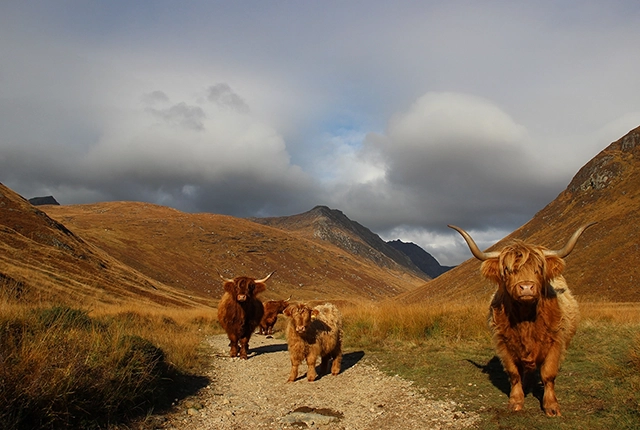
Isle of Arran announced as UNESCO Global Geopark
17/04/2025
The Isle of Arran has officially been named as the tenth UNESCO Global Geopark in the UK.
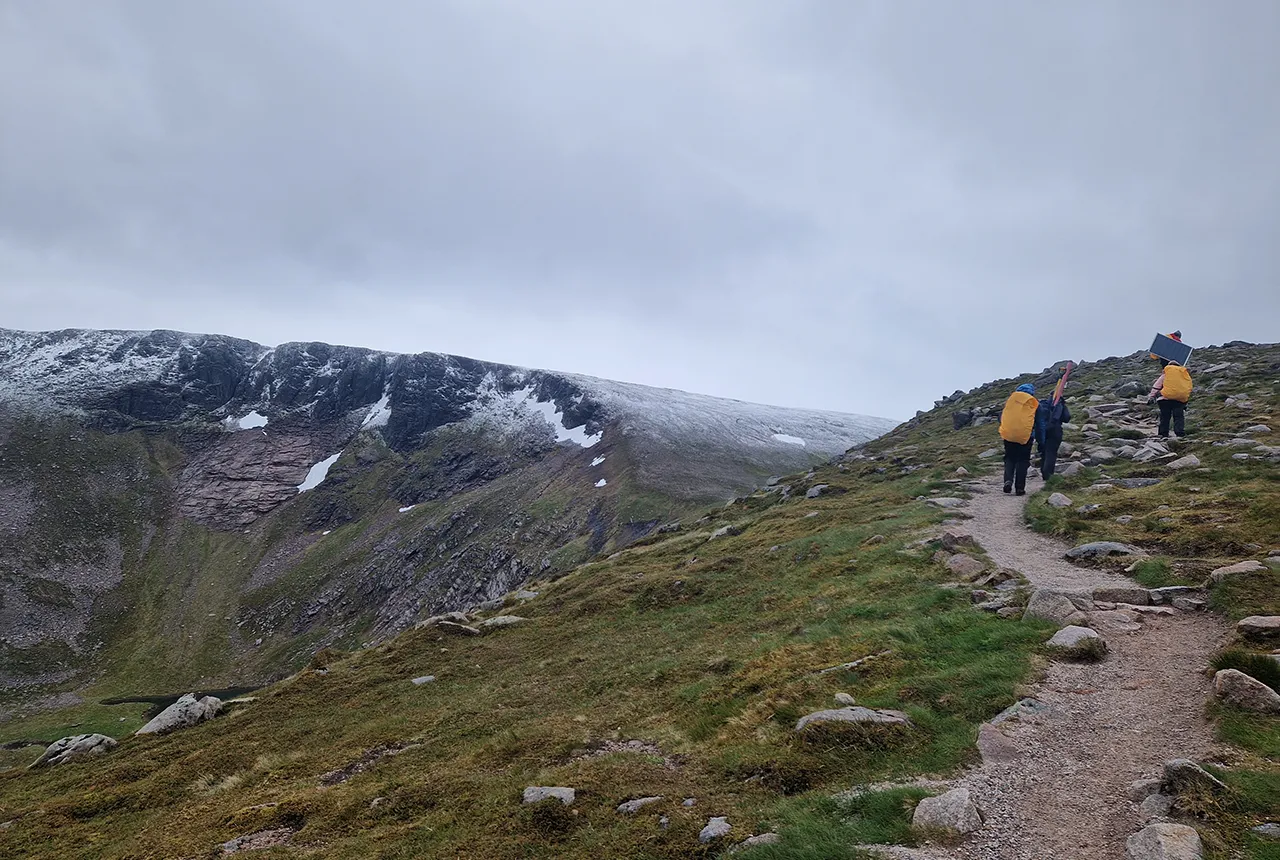
Exploring Scotland’s hidden energy potential with geology and geophysics: fieldwork in the Cairngorms
31/03/2025
BUFI student Innes Campbell discusses his research on Scotland’s radiothermal granites and how a fieldtrip with BGS helped further explore the subject.
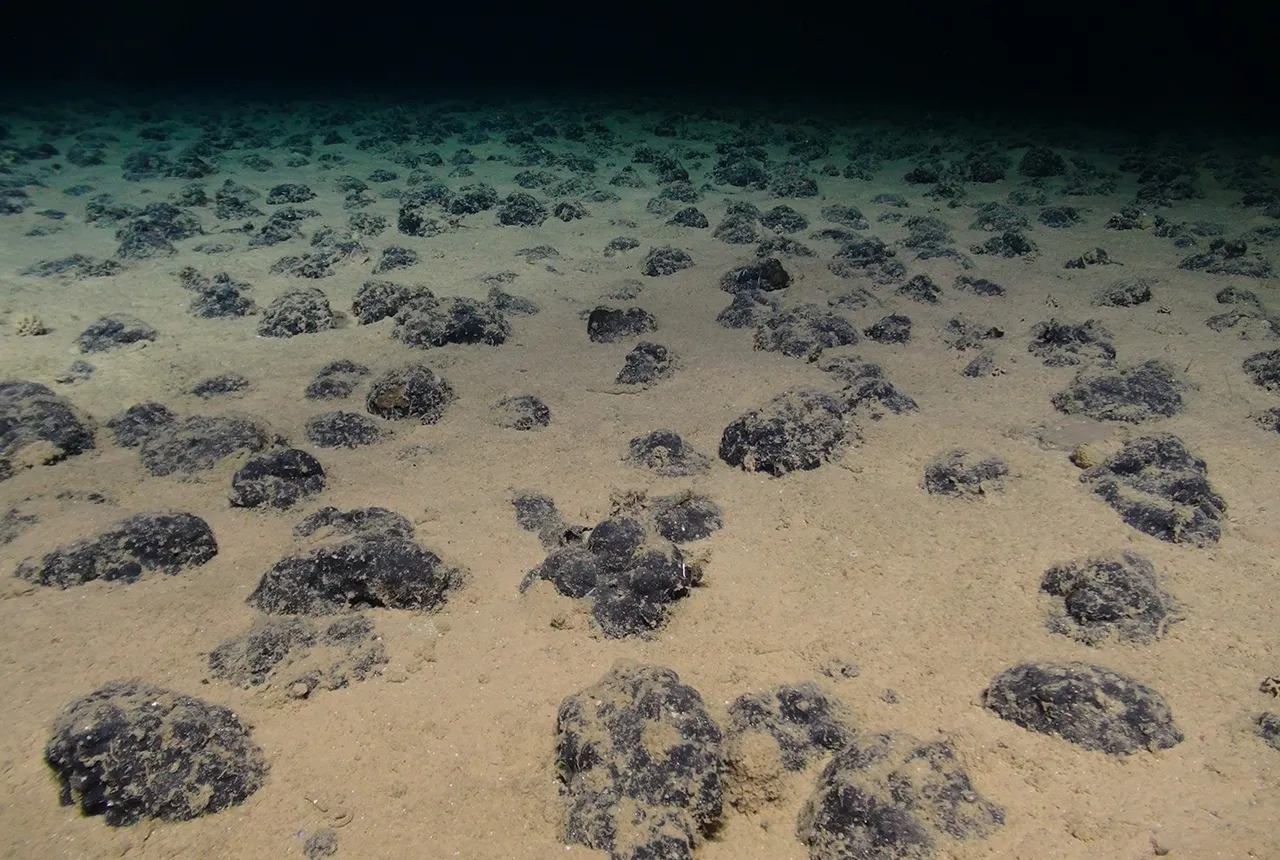
New study reveals long-term effects of deep-sea mining and first signs of biological recovery
27/03/2025
BGS geologists were involved in new study revealing the long-term effects of seabed mining tracks, 44 years after deep-sea trials in the Pacific Ocean.
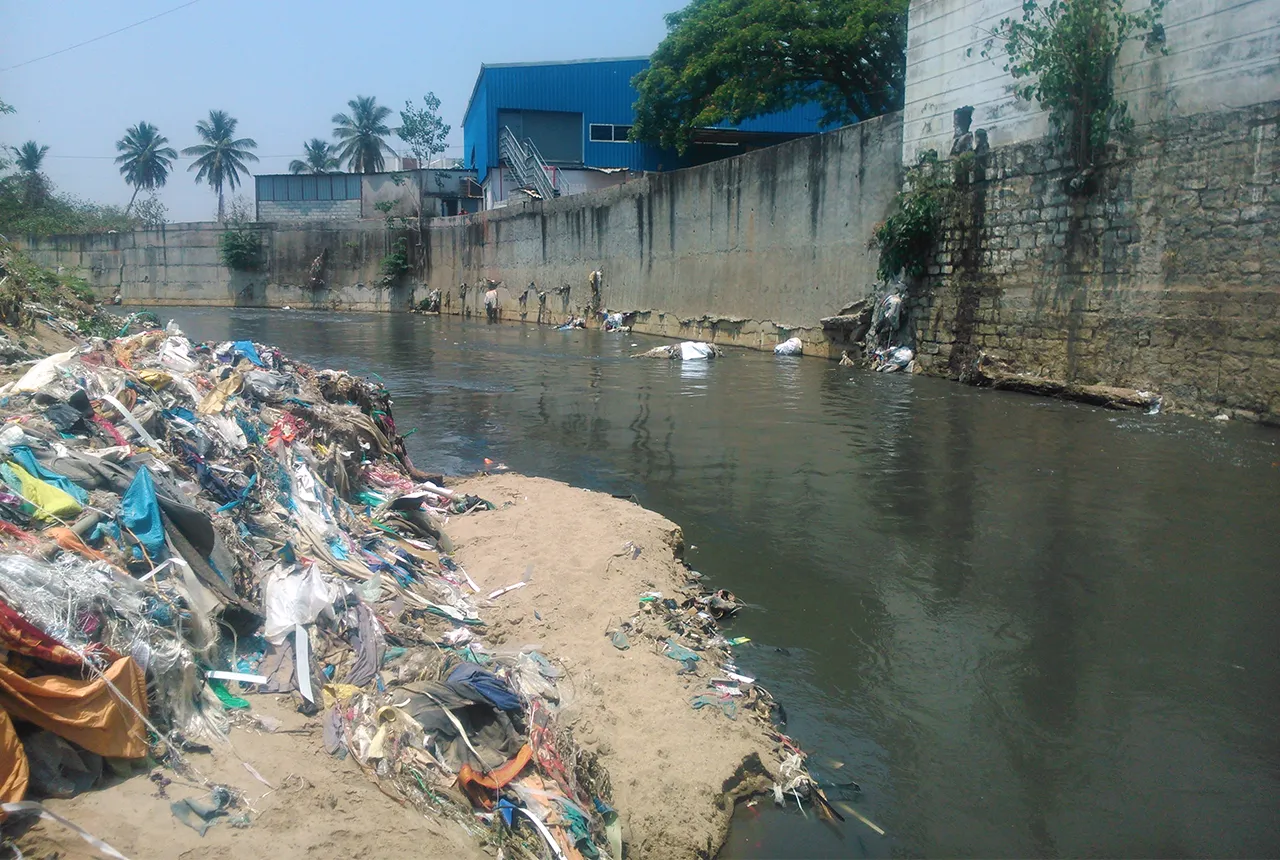
Presence of harmful chemicals found in water sources across southern Indian capital, study finds
10/03/2025
Research has revealed the urgent need for improved water quality in Bengaluru and other Indian cities.
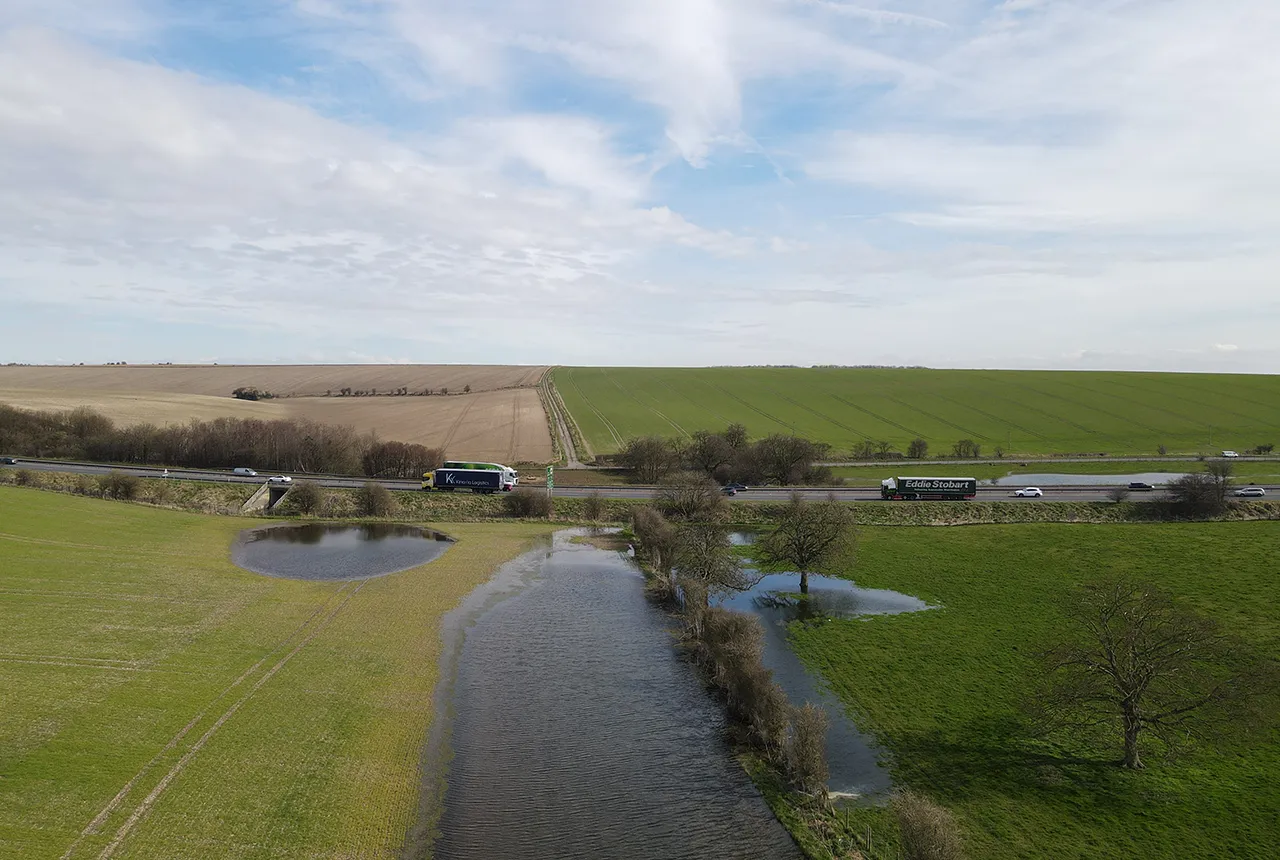
Pioneering tool expanding to analyse agricultural pollution and support water-quality interventions
06/02/2025
An online tool that shows which roads are most likely to cause river pollution is being expanded to incorporate methods to assess pollution from agricultural areas.
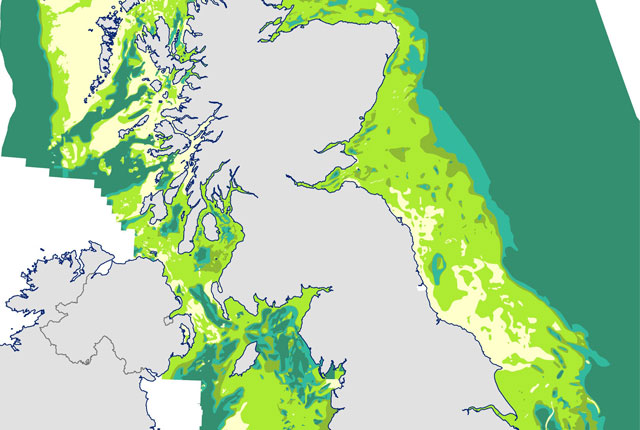
Seabed geology data: results from stakeholder consultation
31/01/2025
BGS collected valuable stakeholder feedback as part of a new Crown Estate-led initiative to improve understanding of national-scale seabed geology requirements.

Brighid Ó Dochartaigh honoured with prestigious Geological Society award
27/11/2024
A recently retired BGS employee has been honoured for her contribution to the hydrogeological community.

How can Scotland re-establish its building stone industry?
14/11/2024
British Geological Survey research, commissioned by Historic Environment Scotland, reveals an opportunity to re-establish the Scottish building stone market in order to maintain the country’s historic buildings.
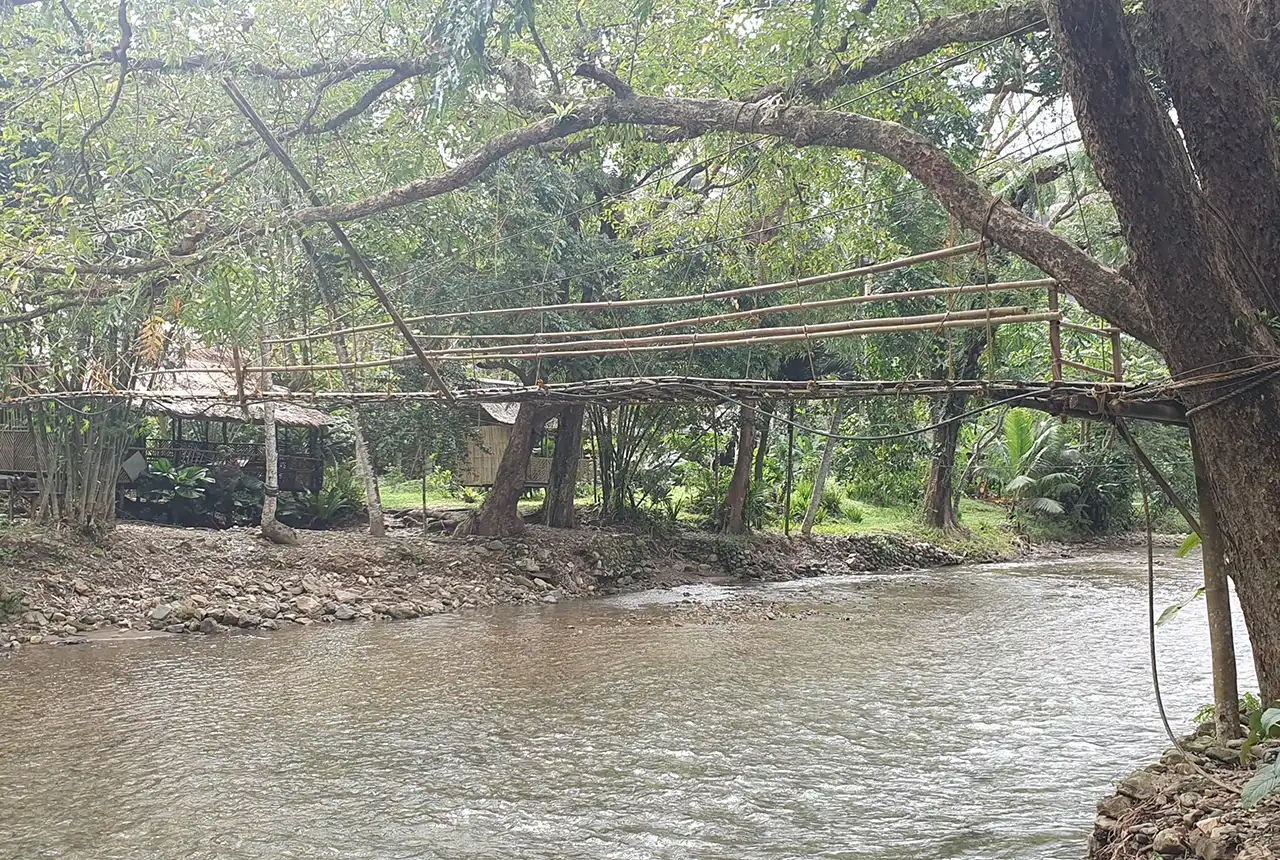
UK–Philippine partnership to help tackle the challenges of future water security in the Philippines
07/11/2024
New ‘hydrological hub’ to foster research and provide essential national water management datasets and tools.



